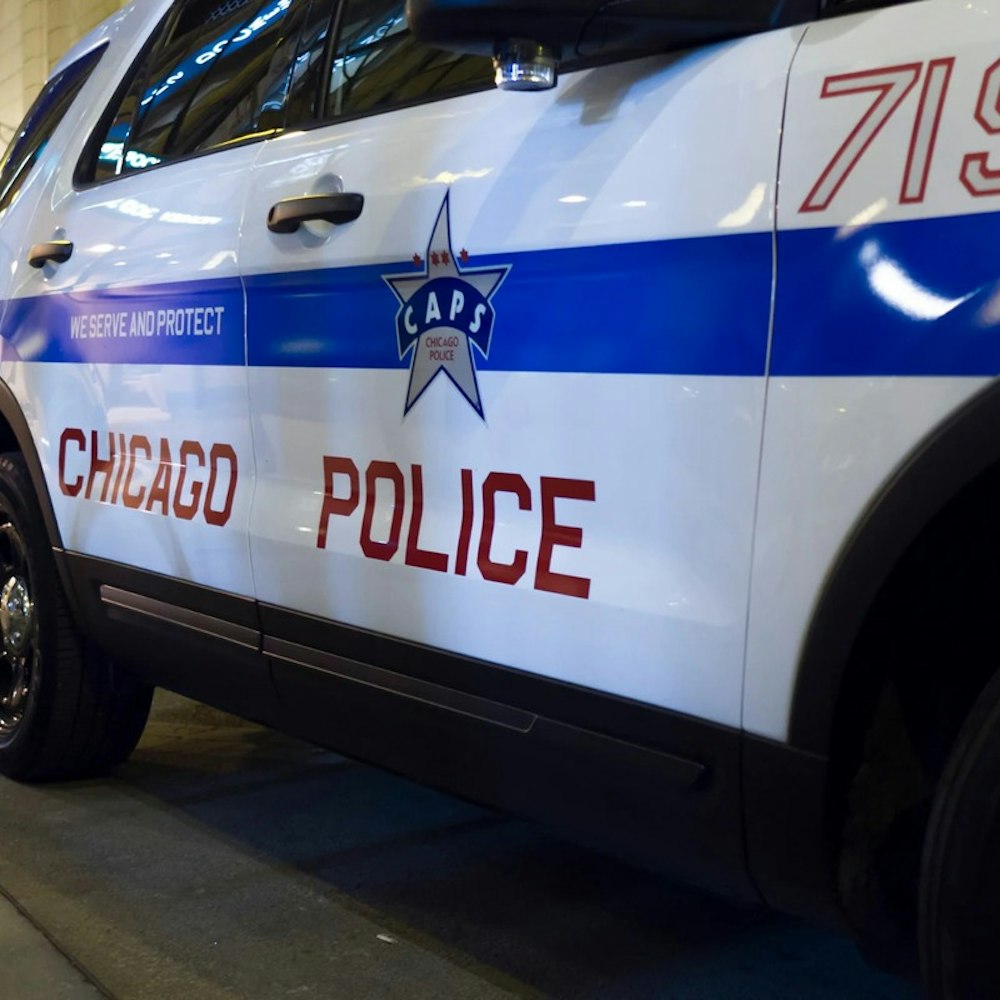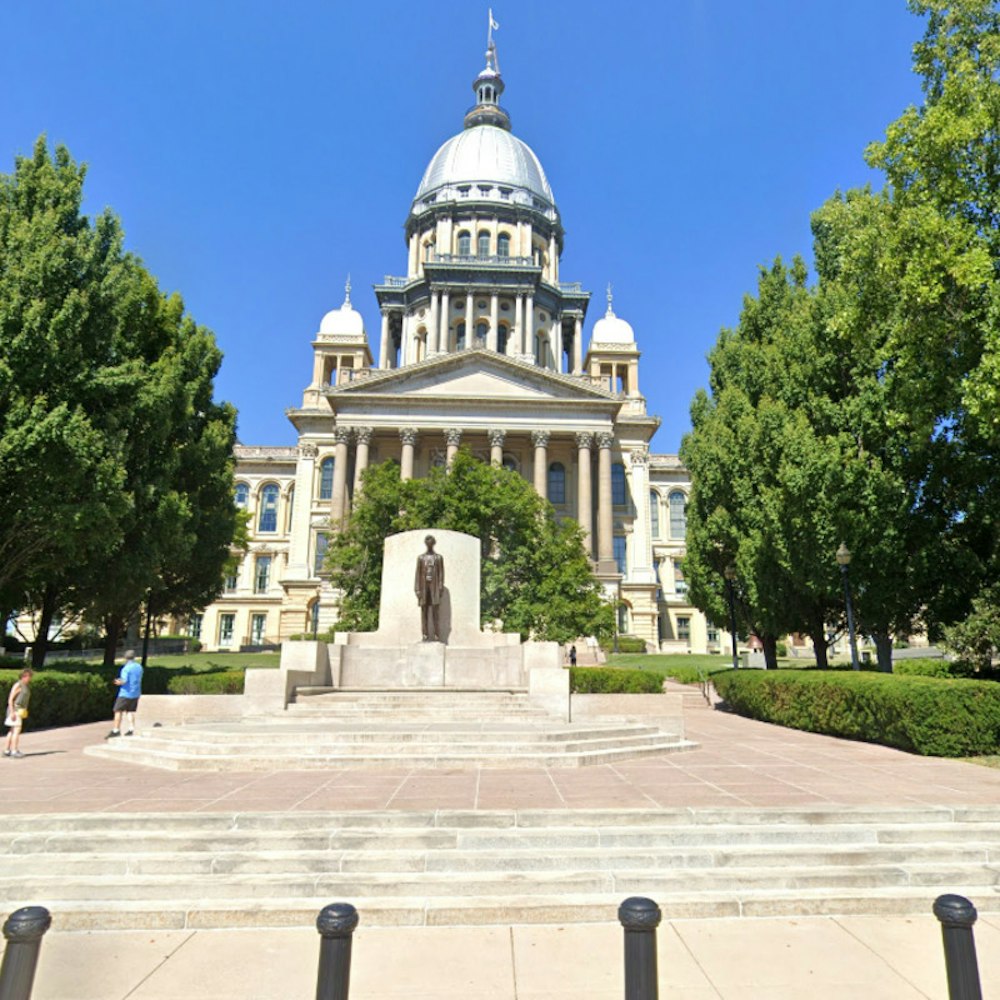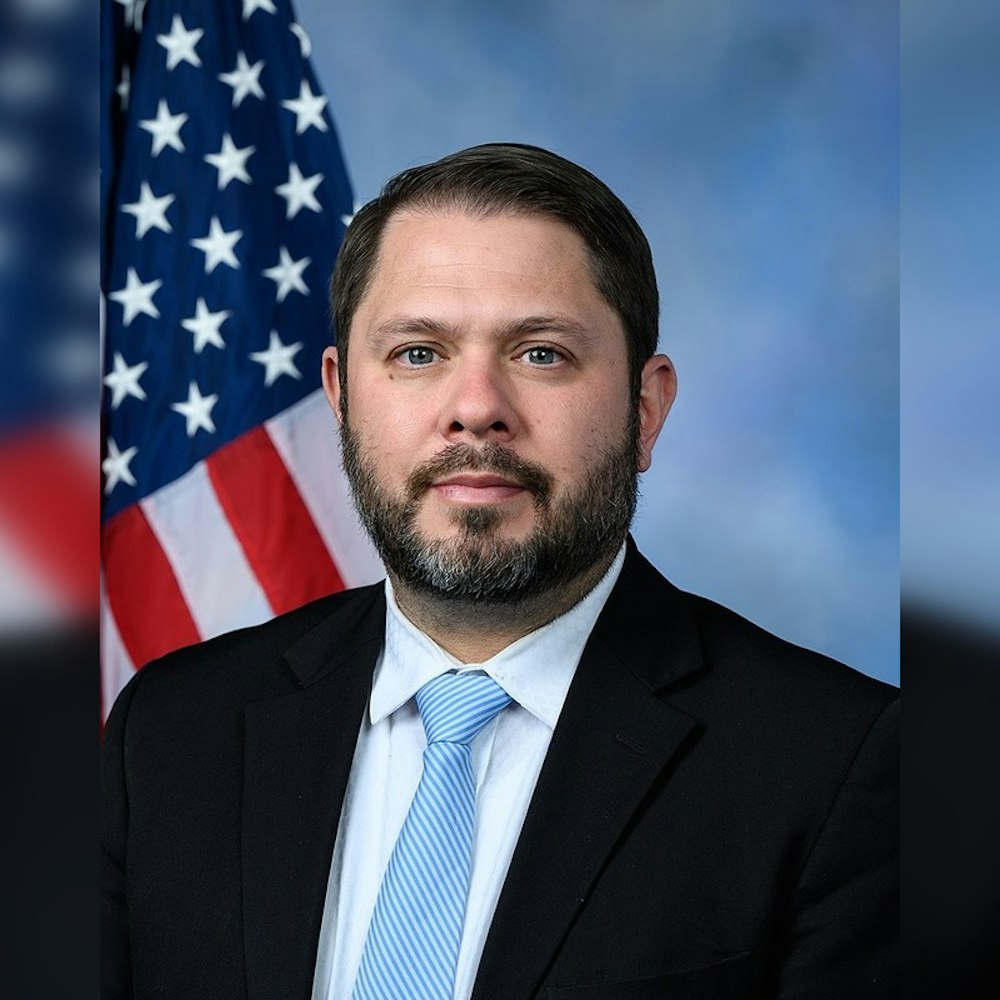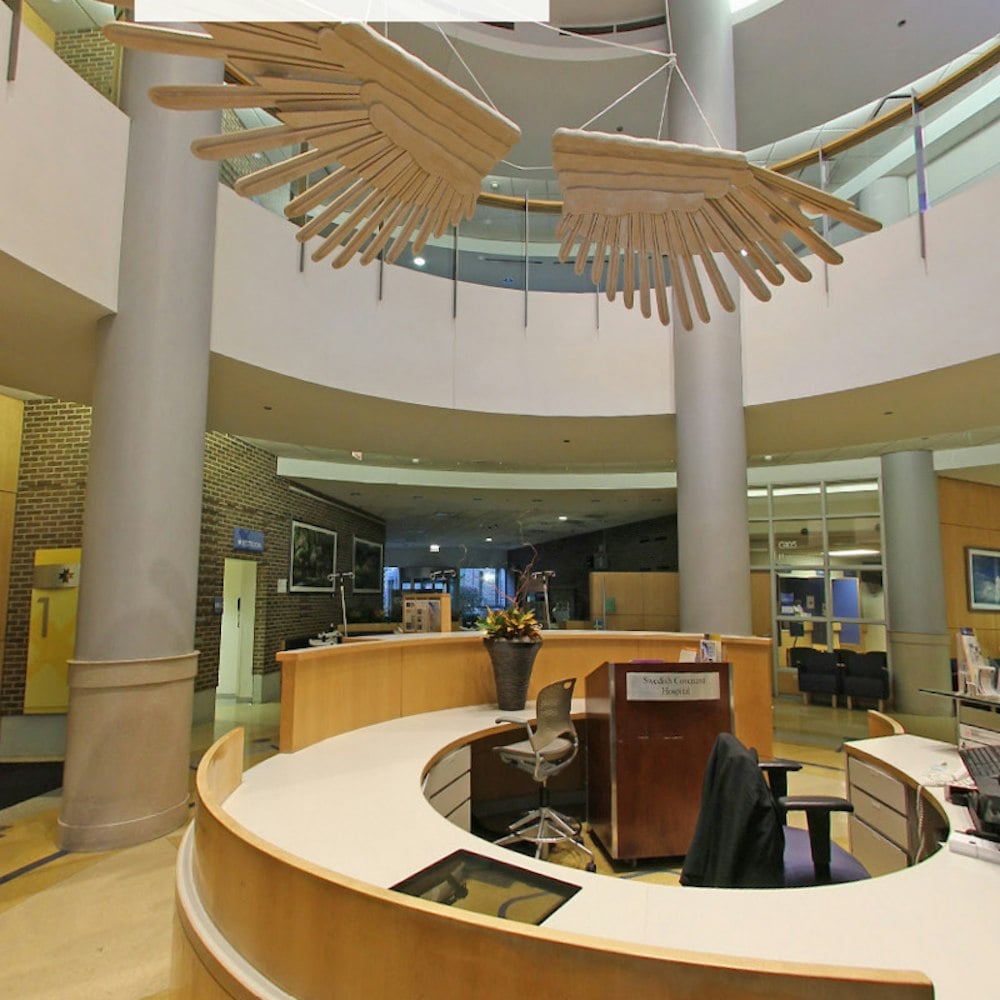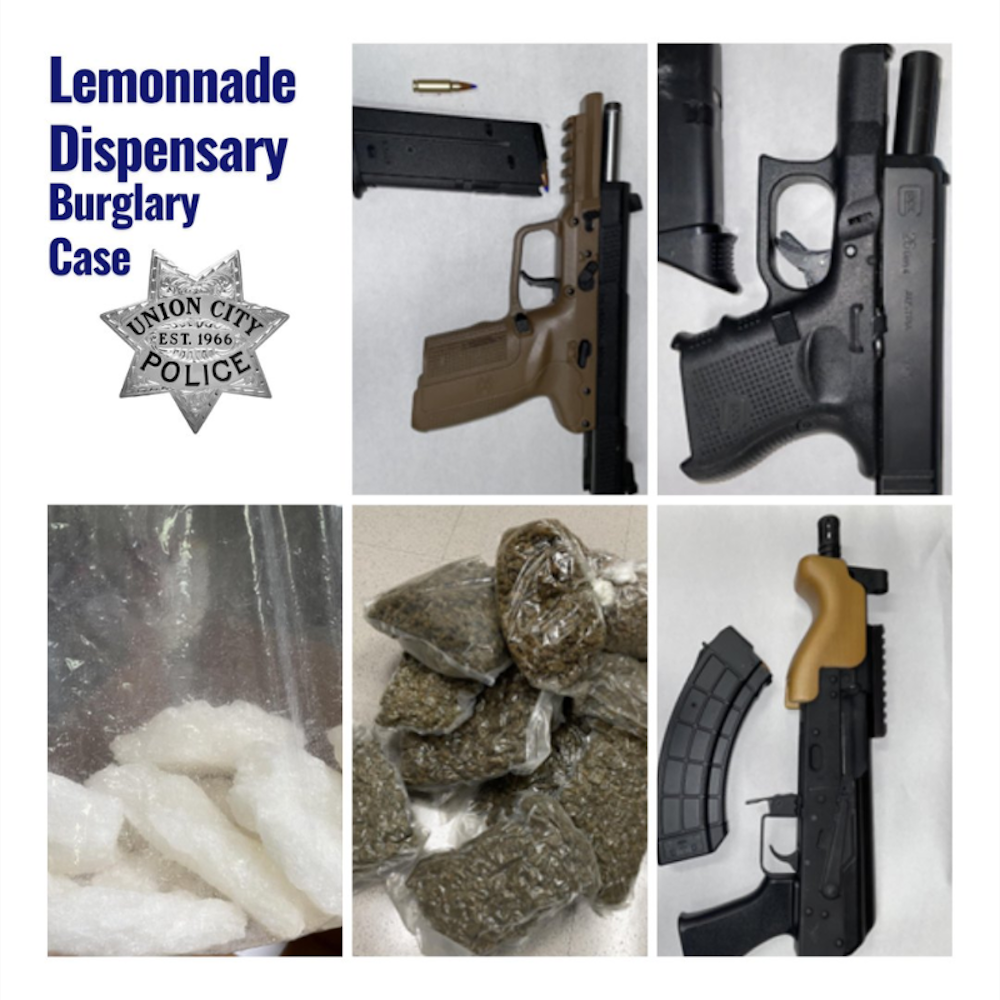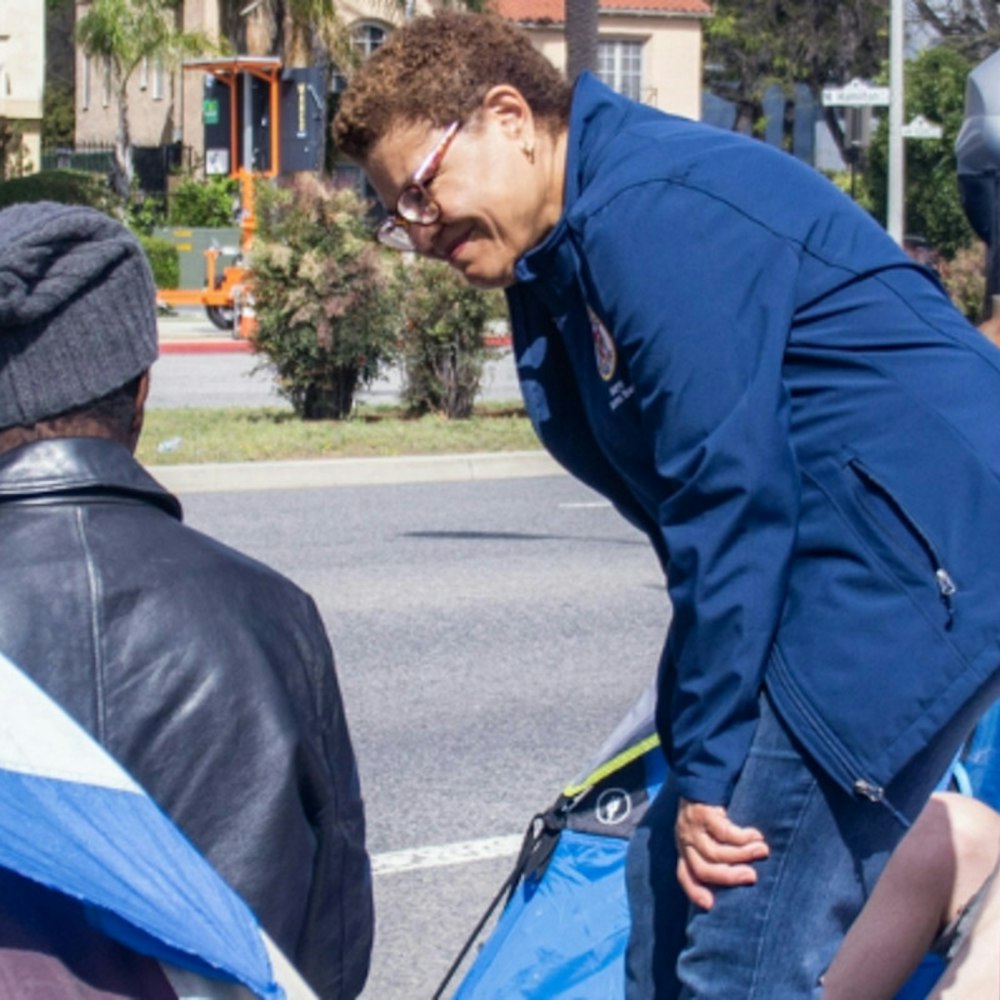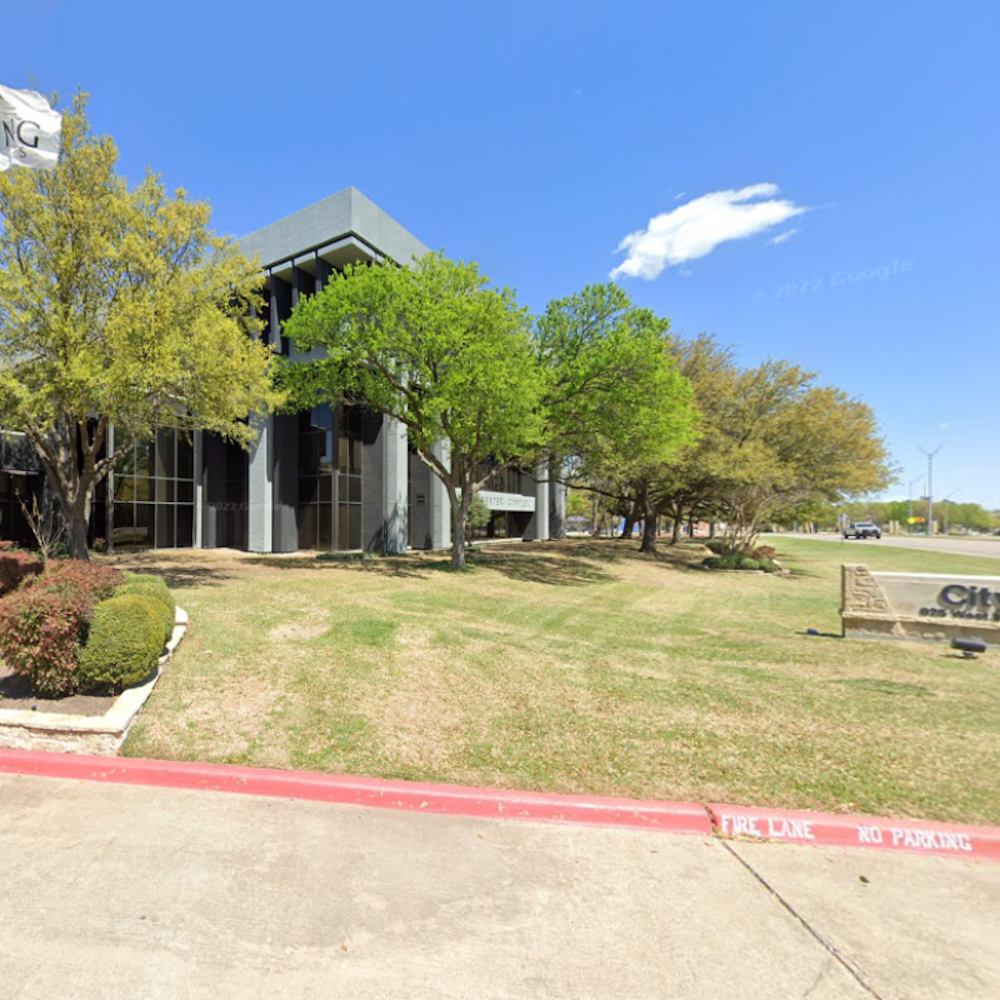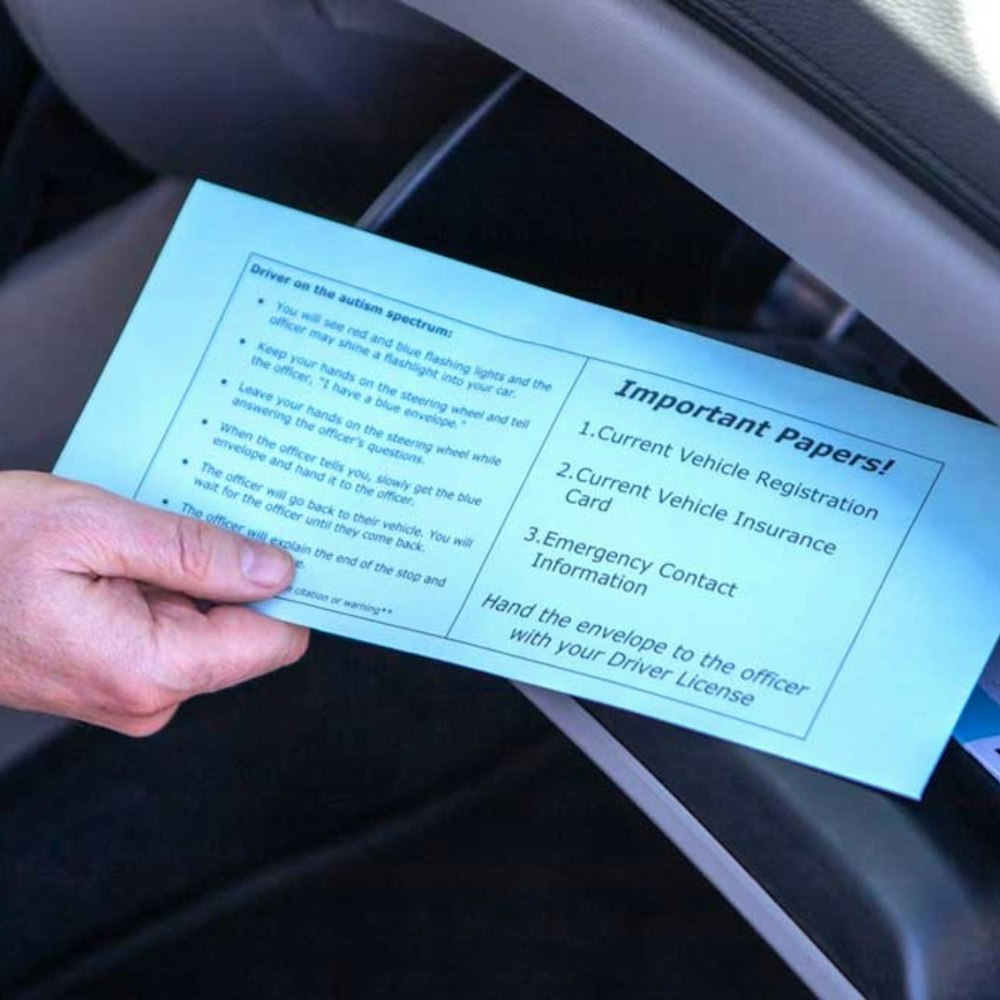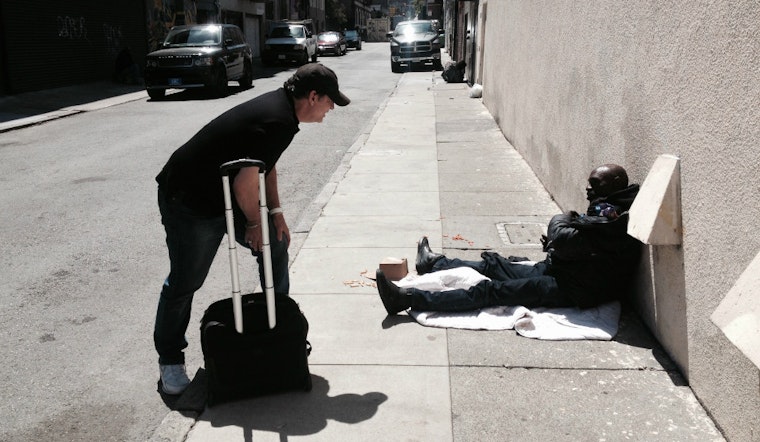
[Editor's Note: Hoodline is participating in today's SF Homeless Project, in which more than 70 area publications are each covering homelessness issues in their own ways.
While we already write about these issues often, we hope that our stories today will add more neighborhood context to this very complicated topic, and to the great work being published elsewhere. You can read more about the project here.]
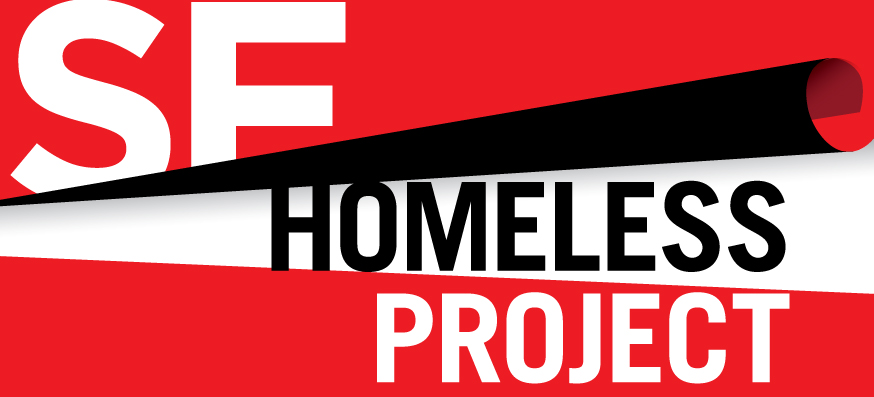
There are 14 community benefit districts (CBDs) in San Francisco, which bring together neighbors, merchants, and local government entities to help improve the quality of life in a given neighborhood, including safety, cleanliness of the streets and overall livability.
But one neighborhood organization, the Lower Polk CBD, has been working tirelessly over the last few months to tackle quality-of-life issues for some of its most vulnerable neighbors: those without a home.
In response to concerns from neighbors, the CBD has hired two full-time social service ambassadors trained in harm-reduction methodologies, as well as six full-time employees who help clean the street of feces and other debris.
Hoodline recently toured the lower Polk Street neighborhood with several members of the CBD staff, to see how they balance the concerns of merchants and neighbors with the struggles of residents facing addiction, joblessness, and a lack of housing opportunities.
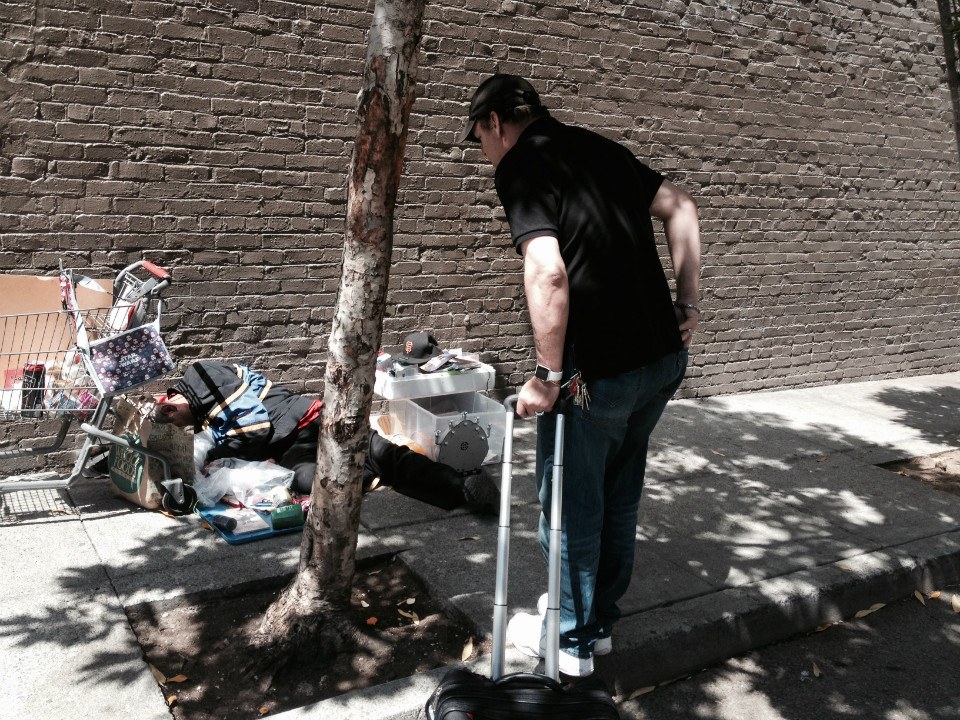
Why address homelessness?
The CBD decided to tackle homeless issues after conducting a survey of merchants and residents in the neighborhood, in which over 50 percent of respondents said that issues with the homeless population were of utmost importance.
Lower Polk is both ethnically and socioeconomically diverse, explained Christian Martin, the CBD's executive director. “You have the [homeless] shelter over here, but you also have million-dollar condos in the same neighborhood,” he said. “We are trying to make sure that everyone's needs are served, including the homeless.”
Many locals advocated for pushing homeless people out of the neighborhood, but "the move-along approach doesn't work," Martin said. The sit/lie ordinance, enacted via Proposition L in 2010, hasn't made much of a dent in the homeless presence in Lower Polk, and while city services are available, "their response time wasn't so great."
Rather than push the homeless problem onto another group's plate, the CBD resolved to tackle it personally, said board president Chris Schulman.
“I don't want to see our homeless neighbors pushed from our neighborhood to another without solving the problem," he said. "People don't necessarily know that our benefit district ends at a certain street. We all need to work together.”
The personal touch
“These are my neighbors," said Jamie Fountain, a social services coordinator with the CBD. Fountain also lives in Lower Polk—right across the street from the CBD's office. “This is about treating your homeless neighbors as actual neighbors."
"There are a lot of reasons why they are here. A lot of them feel safe here,” Fountain told us. “A lot of them used to have homes here. A lot of them have friends here. They are just as part of the community as I am.”
He also noted that some of the homeless people he meets used to reside in homes in the neighborhood; many were evicted there, or in other neighborhoods, under the Ellis Act, a controversial state law that allows building owners to remove tenants, provided they get out of the landlord business for five years. Many local organizations have argued that the law has spurred the displacement of some of the city's most vulnerable populations.
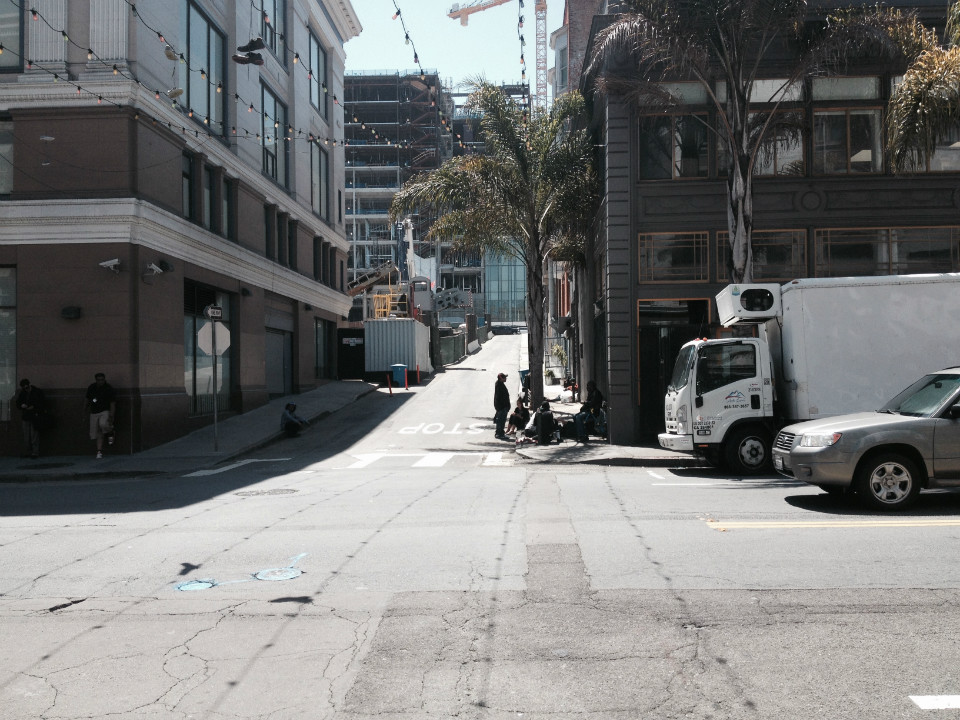
Fountain said his approach with homeless neighbors is to meet each person as a friend, to gain their trust. He provides snacks and juice to those on the streets, and checks to see if they are OK.
It's imperative that staff members approach situations non-judgmentally, Fountain explains. “A lot of these people lived in homes in the neighborhood before. We've found that by establishing trust first, it makes them more cooperative in the future if there is an issue.”
Now, when merchants see someone with drug or mental health issues outside their business, they can call the ambassadors instead of getting the police involved. Because of the rapport that the CBD staff has established, situations often de-escalate quickly. And in the event of a drug-related emergency, the ambassadors carry naloxone, a drug that instantly saves someone from suffering a heroin or opioid overdose.
Martin said that he was skeptical of this method at first. “How could handing out snacks on the street help?” he quipped. But the small bags of goodies and hygiene kits have helped forge bonds with many homeless people, who even began to seek CBD staff out when they needed help.
“A few of them told us that they wouldn't have talked to us if we were members of the Homeless Outreach Team [H.O.T.],” Martin said. “Every time someone from H.O.T responds to a 311 complaint, it's a new face, whereas they are getting used to us being here and helping out.”
However, Martin emphasized that the CBD aims to work with city agencies whenever possible. "We put out our people to help support their efforts ... And we have a good relationship with the beat cops. They call us when they feel that we could be of better service.”
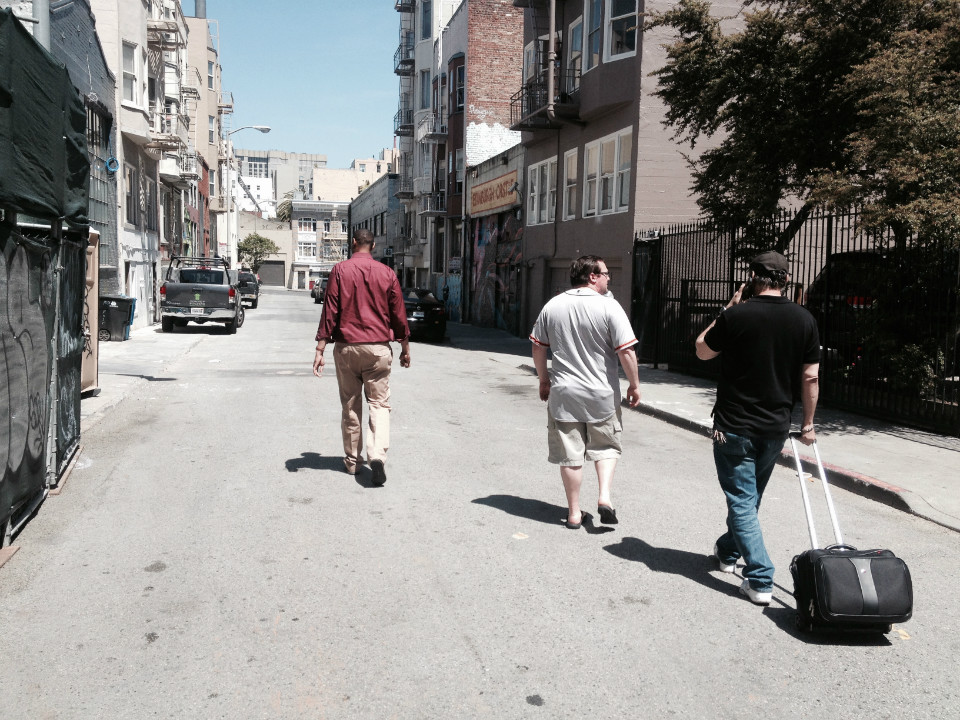
A day in the life of a homeless ambassador
After we met with the CBD team at their office, they took us on a tour of Lower Polk, visiting some of the more concentrated areas that those on the streets call home.
On Cedar Alley, we encountered a man passed out on the ground, who wasn't moving. Fountain, who carries a bag filled with items to give those in need, immediately checked on his condition. “Sir, are you OK? Do you need help?” There was no response.
Martin and Fountain said that they were already familiar with the man, and could see signs that he was still breathing. “I wouldn't have touched him if we hadn't already had contact with him,” said Fountain. “But if I find someone who's unresponsive, I need to call H.O.T. This is out of my area of service."
We continued onward as Fountain sat on hold with the H.O.T.—a common occurrence, as they're always backed up with calls, he said.
A little further down the block, we encountered another man sleeping, though it was mid-afternoon. Fountain asked if he was OK, and the man woke up. “Would you like some juice? You need some vitamins,” he said. The man accepted the drinks and snacks, as well as a hygiene packet filled with soap and shampoo. “I packed this one myself,” Fountain told the man as he handed it to him.
Despite the potential safety risks, Fountain never wears gloves while working. “My boss tells me that I should wear them, but I don't want the people to think that I am afraid of them, or better than them,” he said. “I'll only wear them if I need to pick up used needles. We'll come across some of our residents and there will be piles of needles. Usually, I'll ask them if they know about the free needle exchange program, to make sure that they are safe.”
We headed down to Sgt. Macaulay Park, at the corner of O'Farrell and Larkin streets, where the CBD has erected a canopy tent and set up a table with a staff member to monitor the public restroom on the corner, ensuring it's not used for drugs or prostitution. The staffer, who was once homeless herself, has now become part of the neighborhood CBD team; Martin said she's one of their most respected employees.
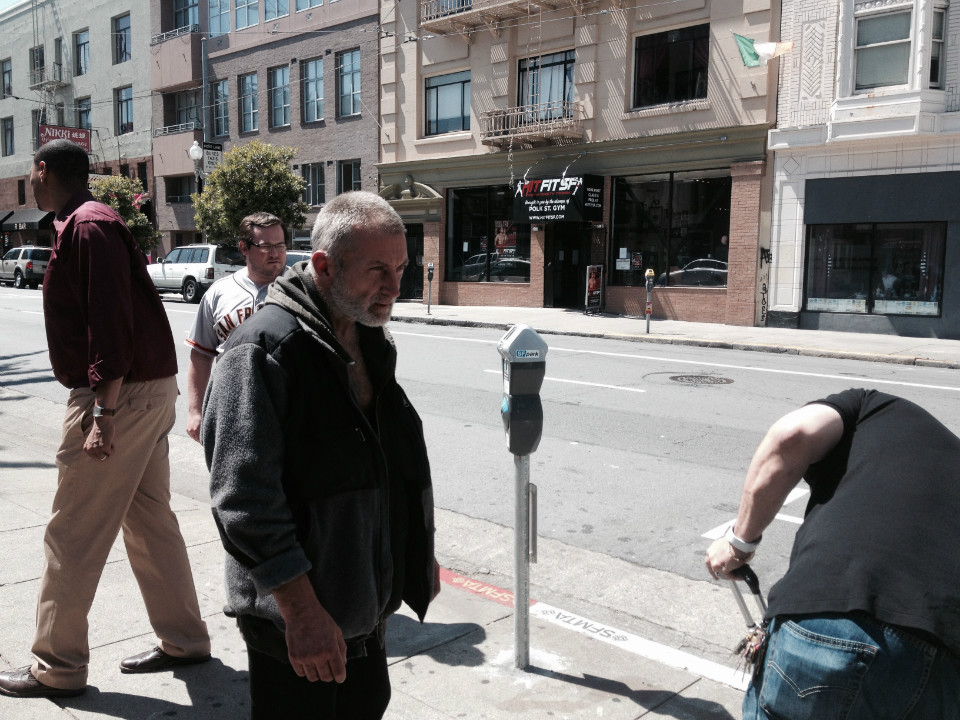
From there, we visited Fern Alley, a spot notorious for homeless residents, Martin said. As we approached, two men were making a scene, stepping into oncoming traffic, but one of them stopped when he saw Martin and Fountain, saying that he would behave.
Fountain found out that he was high on crack cocaine and needed some juice, which he provided. “He knows that he needs the sugar and the vitamins,” he told us. “It helps him when he's coming down from the drug.”
The other man with him, who said his name was Mustafa, wanted to get high and was trying to shoot up, but lacked the drugs. “He's a little jealous of his friend,” said Fountain. “Because he's high and he's not. He's causing a little scene, because he has an audience."
The challenges of substance abuse
Fountain said that he notes when individuals are having a hard time on a particular day, making a point to check in on them later. When they're coming down from drugs, he asks them, “What would it feel like to not use tomorrow?”
If a neighbor shows signs of wanting to kick the habit, he works to get them into detox, and even accompanies them to intake. “We're not going to let them go through withdrawal on the streets. They feel safe in the neighborhood, so we'll go with them to the Mission or wherever the detox center is, to make sure that they don't feel alone.”
For those who aren't ready to go to detox, Fountain makes sure they have access to clean needles and other services, and vows to check in on them the following day. “I'm out here several times a day,” he said. “More, if I'm needed."
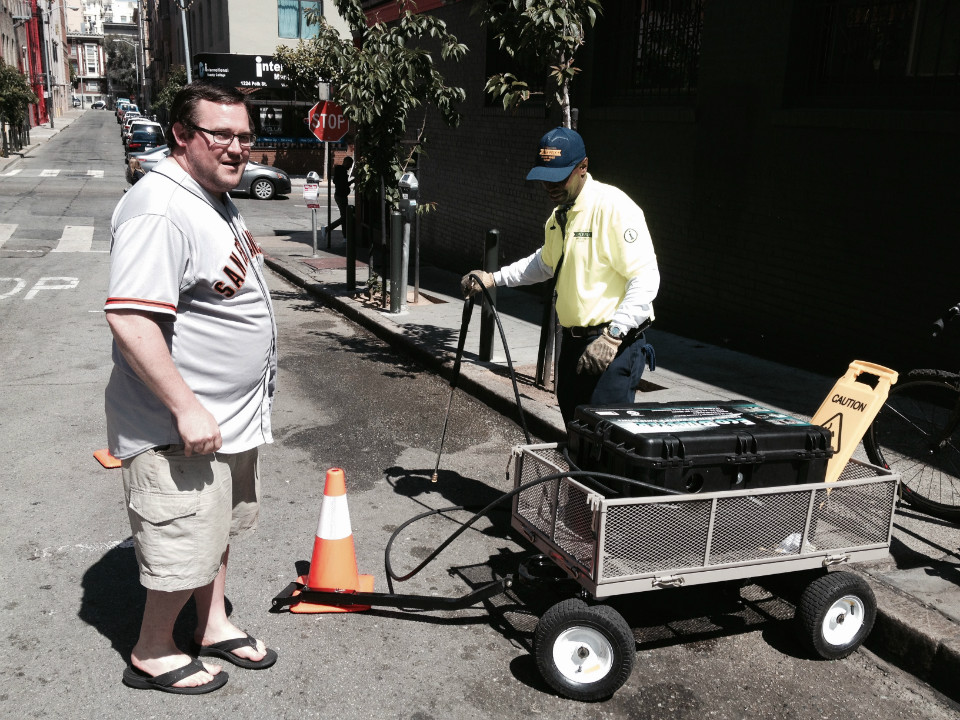
Towards the end of our tour, we encountered a younger couple outside of a pupuseria on Larkin Street, who were from out of town and newly homeless. Fountain spoke with them, and learned that they had enough cash to secure a hotel for the evening. They booked an appointment with him at the CBD the following Tuesday, to learn about services that might help them get out of their situation.
While the Lower Polk CBD is in its infancy, the staff is dedicated to helping improve the neighborhood and providing more services to those that need them. We'll keep you posted as the organization implements more programs, and strives to serve neighbors from all walks of life.
